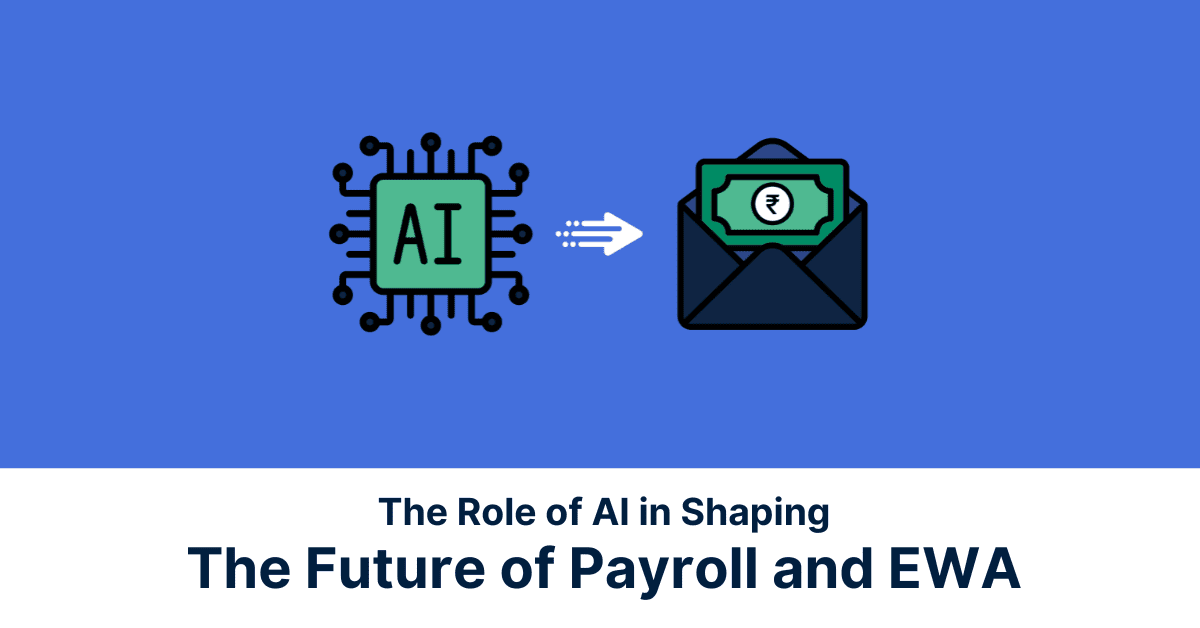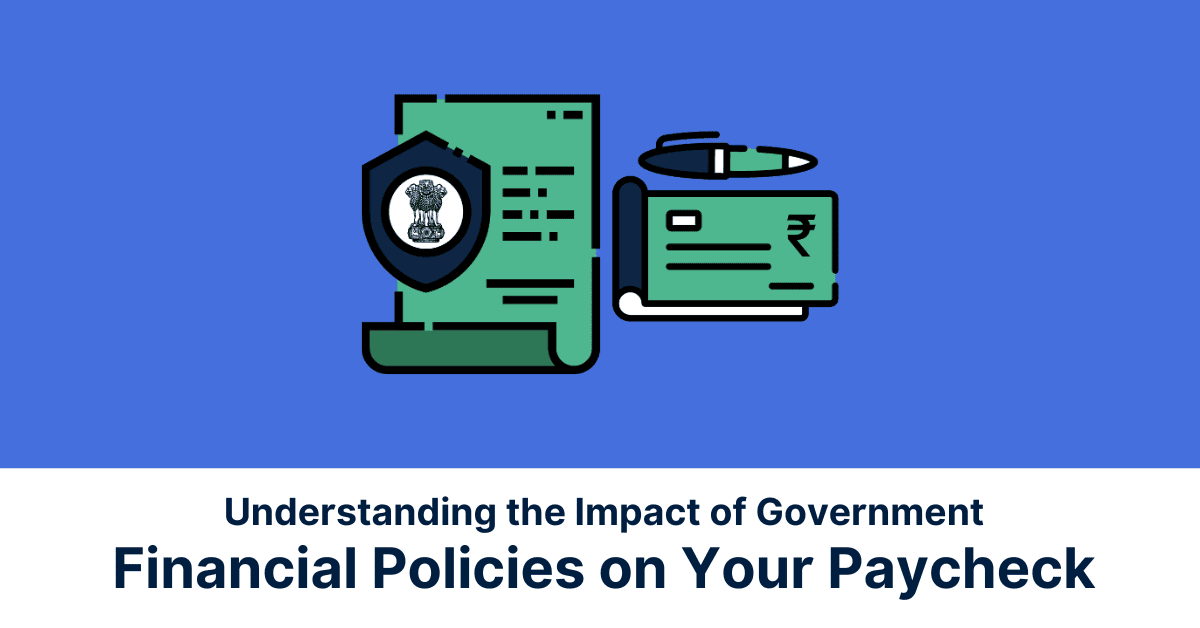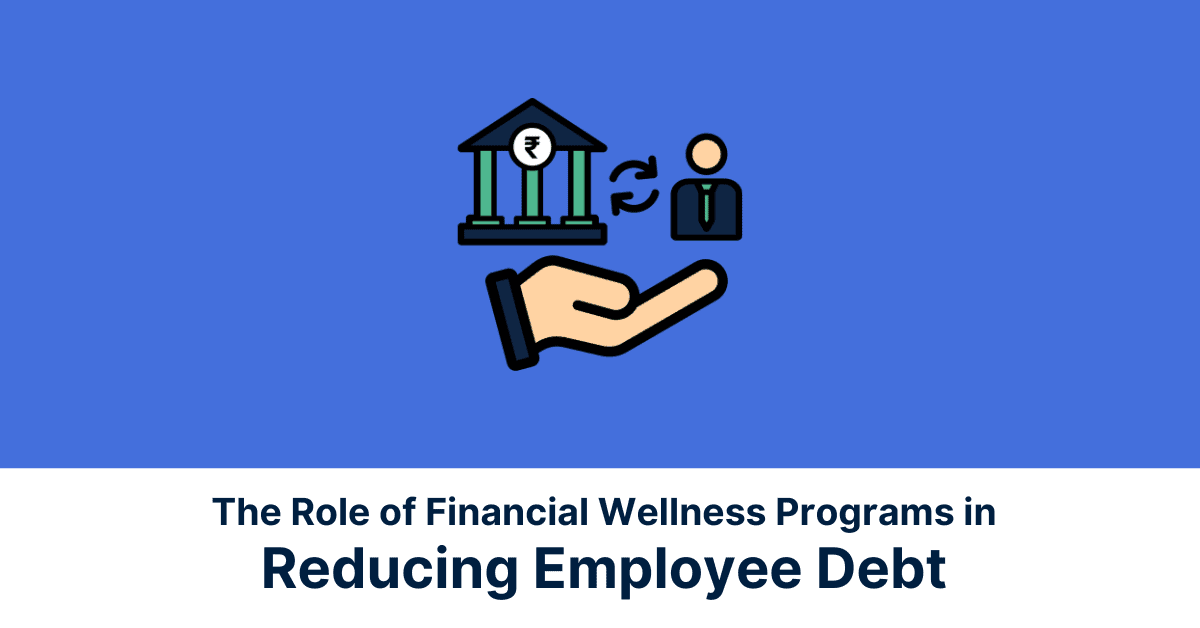Is the financial well-being of your employees weighing heavy on your mind?
In today’s fast-paced and demanding work environment, it’s crucial for employers to address the elephant in the room: financial stress. Behind the smiling faces and diligent work, many employees are silently grappling with financial burdens that can take a toll on their overall well-being and productivity. Understanding the impact of financial stress on your workforce is the first step toward creating a supportive and thriving workplace. So, let’s delve into the world of employee financial stress and explore effective strategies to alleviate this burden, boost morale, and foster a healthier, more engaged workforce.
6 Signs of Employee Financial Stress
Financial struggles among employees can have a severe negative impact on the mental well-being of an individual. Employers must take responsibility for reducing their employees’ financial stress by providing them with the necessary resources such as financial education, flexible work arrangements, or employee assistance programs. In case you want to recognize any sign of your employees’ financial stress, here are six things you can look out for:
Asking For Frequent Pay Advances
If an employee comes up to you seeking a salary advance to handle an unforeseen financial burden like a medical bill or car repair, it’s important to take notice. It’s uncommon for individuals to feel at ease requesting financial assistance from others, indicating that your employee must be in a significantly distressing situation if they’ve mustered up the courage to ask for an advance.
Payday Loan Requests Have Increased
When faced with financial difficulties, numerous individuals turn to payday loans as a solution for covering their expenses. Payday loans are loans with high costs and short repayment periods, typically requiring borrowers to repay the entire amount on their upcoming payday.
Unfortunately, many borrowers of payday loans fail to choose the most affordable repayment option available to them. This leads to a continuous cycle of accumulating high fees and debt
Early Withdrawals From Savings
Based on recent research, it has been found that a significant portion of workers in India are currently tapping into their retirement savings. While this may provide temporary relief for employees facing financial strain, it also exposes them to substantial taxes.
Furthermore, withdrawing funds from retirement savings diminishes the potential for compound growth on these funds, which are intended to provide crucial support for their future well-being.
Physically and Emotionally Absent
A prevalent indication of an employee’s personal financial difficulties is their frequent absence from work. This can manifest as habitual lateness, leaving early, taking unauthorized or extended breaks, or even taking sick leave when they are not genuinely unwell. Employees experiencing significant financial anxiety tend to exhibit these patterns more often.
Decrease in Productivity
One of the common consequences of financial stress on employees is a decrease in productivity. When employees are burdened with financial problems, they often experience difficulties focusing on their work, resulting in decreased efficiency and output. Financial stress can lead to absentmindedness, distraction, and a lack of motivation, causing a decline in overall productivity. Additionally, employees grappling with financial stress may find it challenging to prioritize tasks or maintain the same level of engagement and effort in their work responsibilities.
Showing Signs of High Levels Of Stress
Financial anxiety can have a profound impact on employees’ mental well-being, potentially leading to conditions such as depression. This, in turn, hampers their ability to effectively communicate and collaborate with family members, friends, colleagues, and customers. The negative influence of financial distress extends beyond the individual, affecting their relationships and interactions with others.
Moreover, prolonged financial struggles among employees have far-reaching effects on various aspects of their lives. The presence of financial stress frequently results in sleep deprivation, inadequate nutrition, and a lack of physical exercise. In severe cases, it can even contribute to more serious health problems like hypertension or heart-related complications.
How Employers Can Help
Employers with a sense of responsibility should carefully consider strategies to assist employees, both existing and potential, in improving their financial well-being.
Offer Financial Management Advice and Tools
Unfortunately, many individuals in India have never received proper education on managing their finances. Though in the recent times, there is a growing trend of individuals seeking assistance for financial knowledge, and more employers are recognizing this by offering financial education programs. These programs aim to support employees in achieving financial wellness.
A comprehensive financial wellness program may encompass various components, such as household budgeting, debt reduction, building emergency savings, improving spending habits, and setting financial goals. One effective approach that is gaining popularity involves integrating financial well-being features into employee communication apps. This allows employees to access trusted financial guidance, receive money management advice, and utilize practical budgeting and savings tools conveniently and on-the-go.
Offer Employee Assistance Programs
Alongside efforts to enhance employees’ financial well-being, it is equally important for employers to establish appropriate mental health resources to support individuals experiencing anxiety or stress. One approach to achieve this is through the implementation of Employee Assistance Programs (EAPs).
Seeing as there is still a lot stigma around mental health in India and any activity relating to mental wellness is frowned upon, the first step is to ensure clear and ongoing communication and promotion to make employees aware of the available resource and educating employees regarding the foundational softer aspects of mental health and wellness.
Ensuring complete confidentiality is crucial to building trust. Additionally, consider extending the well-being programs and activities to include employees’ family members. Encouraging the participation of family members affected by the employee’s well-being will foster engagement and strengthen the employees’ perception that their overall well-being is being prioritized.
Partner with Financial Wellness Solution Providers
An effective method of providing income support to employees is by offering increased flexibility regarding their pay schedule and incorporating on-demand pay into the payroll system.This approach is commonly referred to as Earned Wage Access (EWA). With EWA, employees have the option to access the money they have already earned basis their work done in the current month but have not yet received due to the traditional payday model, in situations where they require immediate funds before their regular payday. EWA empowers employees by providing them with a greater sense of financial control and alleviates the stress associated with unexpected expenses or bills.
Through Jify’s EWA solution, the process is seamless for both employers and employees. Our software can be easily integrated into existing payroll and HRM systems. Employees can instantly access the money they have earned for the days they have worked.
The Pressing Necessity
In light of the importance of employee financial well-being, it is imperative to recognize the significance of addressing and alleviating financial stress among your workforce. By acknowledging the challenges they face and implementing appropriate measures, you can create a workplace environment that supports their financial health.
Initiatives such as financial education programs, flexible pay options, and accessible resources can make a significant difference in reducing financial stress and its negative impact on employees’ overall well-being and job performance.
By taking proactive steps to prioritize your employees‘ financial well-being, you can foster a healthier, happier, and more engaged workforce that will thrive both personally and professionally. Together, let’s build a workplace that nurtures financial resilience and empowers employees to achieve their fullest potential.
*Disclaimer:
The information contained herein is not intended to be a source of advice concerning the material presented, and the information contained in this article does not constitute investment advice. The ideas presented in the article should not be used without first assessing your financial situation or without consulting a financial professional.



















